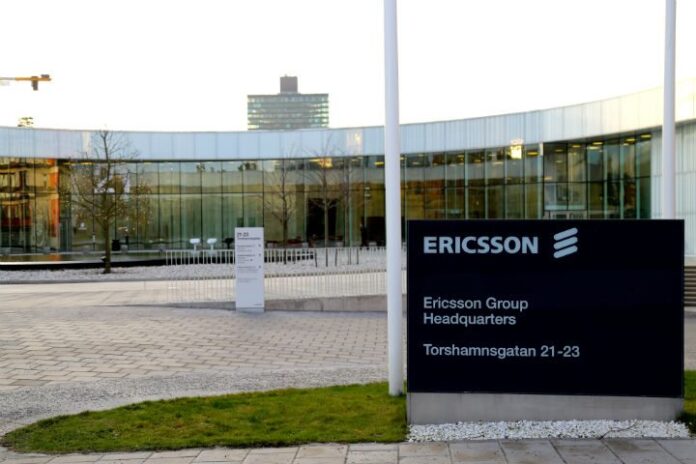India and Southeast Asia led in terms of revenue growth
Swedish telecom equipment vendor Ericsson recorded net income of 3.1 billion kronor ($365 million) in the third quarter of the year, climbing 19% year-on-year, the company said in its earnings statement.
Net revenue for the period totaled 59.2 billion kronor, up 3% vs. the same quarter in 2014. Networks sales reached 28.8 billion kronor in Q3 2015, a decrease of 4% compared to Q3 2014, while global services generated revenues of 27.1 billion kronor in the quarter, up 11% year-on-year.
“Sales growth remained strong in India as well as in Southeast Asia and Oceania compared to the same period last year, while sales declined in Northeast Asia as well as in Northern Europe and Central Asia,” explained Ericsson President and CEO Hans Vestberg.
Ericsson said its mobile broadband business in North America remained stable compared to the previous quarter. “Operators continued to focus on cash flow optimization and consolidation, leading to lower investment levels compared to the same period last year,” the company noted. North America was the largest contributor for Ericsson in Q3, with 24.2% of total revenues.
Meanwhile, mobile broadband sales in Western Europe and Central Europe experienced a decline in the quarter, partly due to the completion of some key projects. The vendor said operators in the region remained focused on network quality and operational efficiency, which were the main drivers of the continued strong development in professional services.
In China, Ericsson saw lower investments in “4G” infrastructure compared to previous quarters.
“Given the high 4G subscriber penetration in mainland China, operators see new business opportunities and, through the acquisition of Sunrise Technologies, Ericsson has strengthened its position to support customers in their transformation,” the company said.
In India, Ericsson had a positive quarter due to the high level of investment in the 4G segment. “The managed services business [in India] developed favorably as operators focus on network optimization and efficiency,” according to the company.
Ericsson’s business in the Middle East experienced a decline in the quarter as a few key mobile broadband coverage projects related to 3G were finalized.
French regulator confirms four participants in 700 MHz spectrum auction
French telecom regulator ARCEP confirmed that local mobile telephony operators Bouygues Telecom, Free Mobile, Orange and SFR are authorized to participate in the process through which the regulator will award 30 megahertz of spectrum in the 700 MHz band to support LTE services.
“The Authority examined these applications to verify, first, that they were eligible and, second, that they satisfied the qualification criteria listed in the call for applications,” ARCEP’s stated.
The regulator also said the auction is scheduled to start Nov. 16.
ARCEP previously confirmed the mobile licenses, valid for a 20-year period, will be awarded before the end of 2015. The 700 MHz spectrum band is expected to allow French telcos to broaden the reach of their LTE networks, which are still limited in scope. According to the conditions of the process, the winning operators will have to provide nationwide coverage by the end of 2030.
French operator Bouygues offers LTE services using 800 MHz, 1.8 GHz and 2.6 GHz spectrum bands; Orange and SFR currently offer LTE services using their 800 MHz and 2.6 GHz spectrum bands; while Free uses just the 2.6 GHz band to support LTE services.

